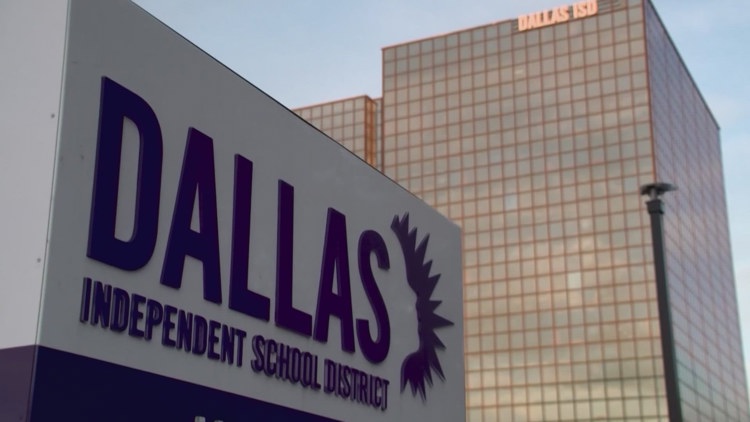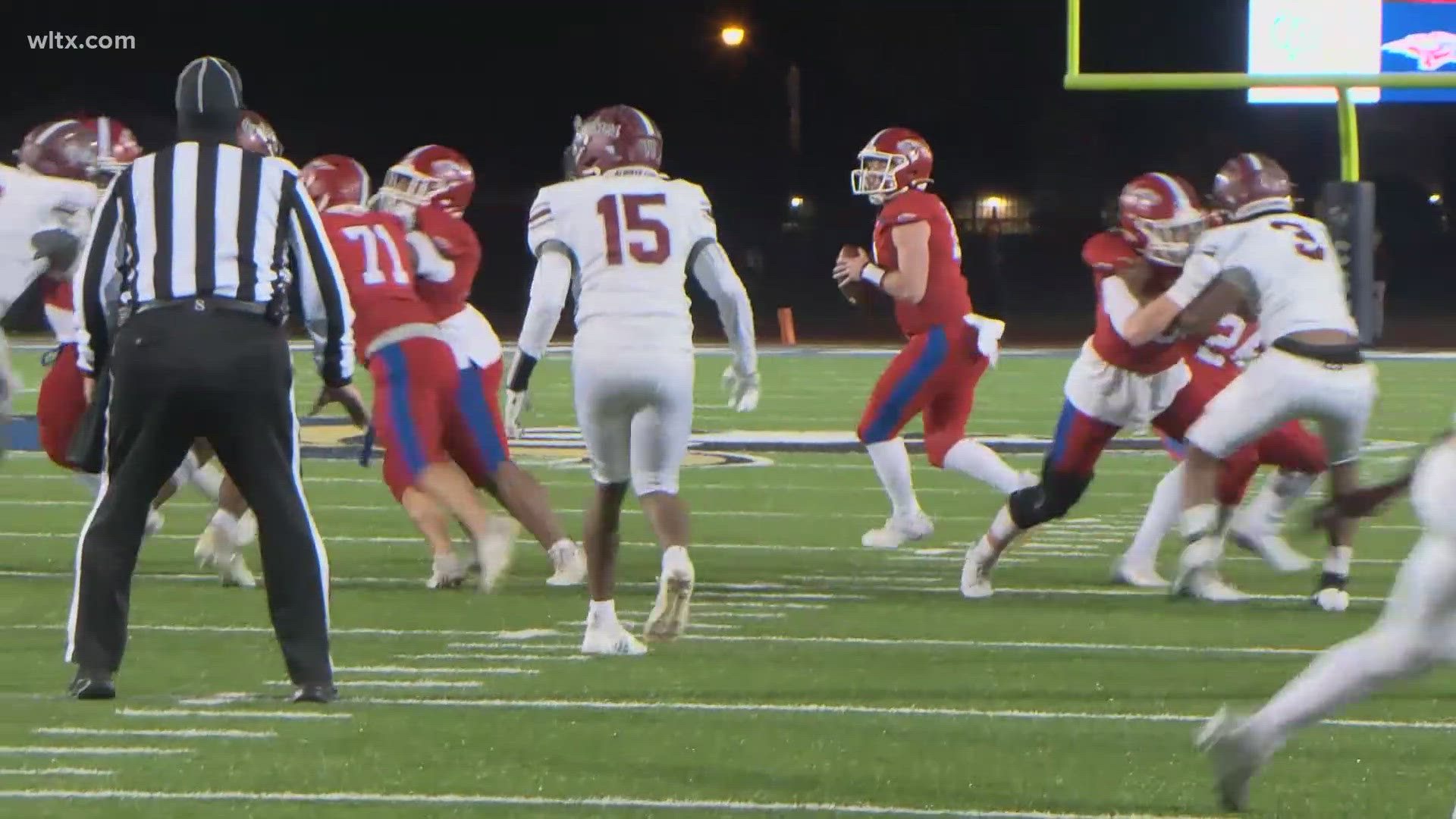DALLAS — The Dallas Independent School District board of trustees voted to approve a student code of conduct that would give campus leaders and parents the option to send misbehaving children to six-hour "Saturday school" or community service instead of alternative school -- provided their parents also take a three-hour parenting class.
The code of conduct, which will go into effect for the 2024-2025 school year, was passed Thursday night by a 7-0 vote. Trustee Camile White abstained from voting, while trustee Maxie L. Johnson was not present. The rest of the board voted to approve the code of conduct.
According to the district, the parenting classes would include:
- Support and guidance for areas of student concern
- Parenting sessions to review student’s academic and behavioral progress
- Campus resources to promote positive student outcomes
- Mental health support / school counselor involvement
The option to avoid alternative school would not apply to all disciplinary offenses. For several offenses, state law requires districts to send kids to discipline alternative education programs (DAEP). Legislators last year, for example, mandated that students caught with vapes attend the alternative school program.
The DISD policy change could apply to "Level II" offenses, which according to the code of conduct policy would include actions such as assault, bullying, cyberbullying, fighting and hate speech, among others.
The code of conduct gives discretion to campus leaders on whether the classes in lieu of DAEP placement are appropriate on a case-by-case basis.
Other discipline options for "Level II" offenses include community service, counseling, detention, parent conference, and withdrawal of privileges.
Other changes to the code of conduct included a new policy banning hate speech. The punishment could include placement in alternative school and would require guidance from district police and the DISD racial equity office.
In order to violate the code of conduct, the hate speech would have to meet three elements: Any form of expression; directed against a group or class of person based on their race, ethnicity, national origin, skin color, sex/gender, sexual identity, sexual orientation, gender identification, gender expression, religion, disability or age; and causes a threat or major disruption at school.



